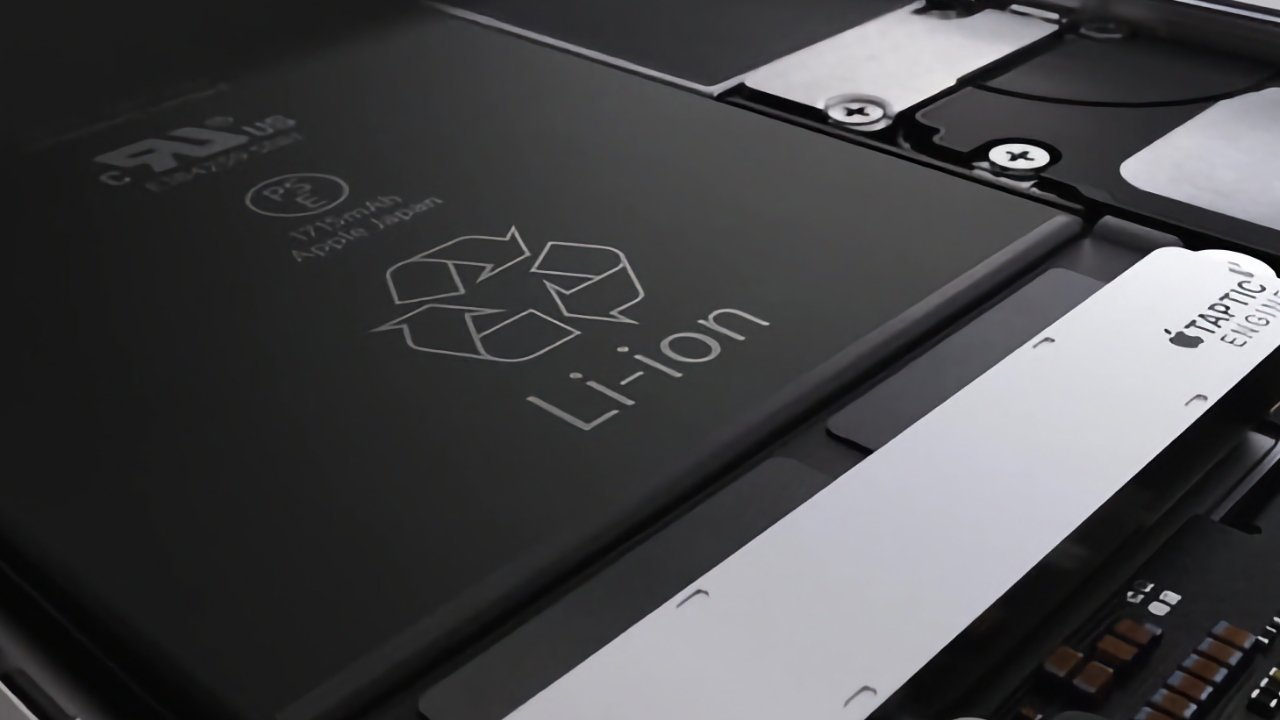UK tribunal gives $2B iPhone battery lawsuit the go-ahead
Apple was dealt a setback in the UK this week when a tribunal ruled that a lawsuit over iPhone batteries worth potentially $2 billion (1.6 billion UK pounds) can proceed.

An iPhone battery
Remember "Batterygate?" Yeah, it's that again.
Apple's under the microscope in UK courts over how it handled iPhone battery problems back when they still used single digits for iPhone model numbers.
Through lawyers, UK consumer rights activist Justin Gutmann accused Apple in 2022 of hiding battery problems with the iPhone and "surreptitiously" installing power management software to throttle iPhone performance. They cited Apple's 2020 settlement in US Federal court over the issue as proof.
While the UK doesn't have the equivalent of a class-action lawsuit -- a favorite pastime of courts in the United States -- Gutmann is effectively attempting one with this claim.
"Instead of doing the honourable and legal thing by their customers and offering a free replacement, repair service or compensation," said Gutmann at the time of the original filing, "Apple instead misled people by concealing a tool in software updates that slowed their devices by up to 58%."
Apple called the lawsuit baseless, and asked London's Competition Appeal Tribunal (CAT) to toss the case. The company denied misleading customers and said that it's been upfront about the issue, with a public apology in 2017 and offer of cheap battery replacements.
In a 27-page ruling published on Wednesday, the CAT said Gutmann's case can proceed. The tribunal warned of a "lack of clarity and specificity" in Gutmann's case, however, and noted that Gutmann's funding of the lawsuit may need to be changed.
The funding issue raised by the CAT concerns a UK Supreme Court ruling made over the summer which determined that Litigation Funding Agreements (LFAs), which enable the funder to recover a percentage of any damages recovered, is a Damages Based Agreement (DBA). Many UK legal experts believe that in the wake of this ruling, such agreements will be unenforceable by UK courts.
Read on AppleInsider

Comments